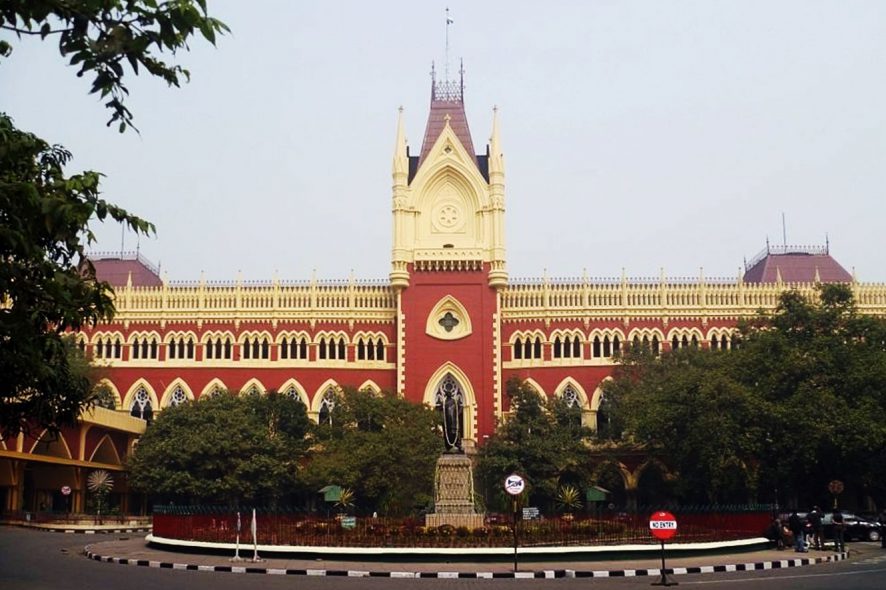Calcutta High Court: Rajasekhar Mantha, J., held that,
To compel a senior citizen to approach either a civil court (the jurisdiction of which is any way barred under Section 27 of the 2007 Act) or take recourse to a special Statute like the 2007 Act would in most cases be extremely erroneous and painful for a person in the sunset days of life.
It is well settled that children and their spouses living in the senior citizen’s house are at best “licensees”. It is also stated that the said license comes to an end once the senior citizens are not comfortable with their children and their families.
The above-said principle was followed by the Delhi High Court in Sandeep Gulati v. Divisional Commissioner, WP (C) 2761 of 2020 and Punjab and Haryana High Court in Manmohan Singh v. UT Chandigarh, Case No. 1365 of 2015; Samsher Singh v. District Magistrate, U.T. Chandigarh (Case No. 2017 CWP 6365) and Gurpreet Singh v. State of Punjab, Case No. 2016 (1) RCR (Civil) 324.
Issues for consideration:
- Availability of alternative remedy under the provisions of the Maintenance and Welfare of Parents Senior Citizens Act, 2007.
- Right of a daughter-in-law of residence to be provided by either the husband or the father-in-law, if directed by a competent court under the provisions of the Domestic Violence Act, 2005.
Supreme Court in S. Vanitha v. Deputy Commissioner, 2020 SCC OnLine SC 1023, expressed that since both, the Senior Citizens Act, 2007 as also the Domestic Violence Act, 2005 are special legislations, the two must be construed harmoniously and applied suitably by a writ court hearing a plea of the senior citizens that they do not want their children to live with them. In the said decision, Supreme Court elaborately dealt with the principle under the headline “E. Harmonising competing reliefs under the PWDV Act 2005 and Senior Citizens Act 2007”.
In the present matter, since no right of residence was sought by the daughter-in-law, the Court opined that there was no impediment in allowing exclusive residentiary rights to the senior citizens to direct eviction of son and daughter-in-law.
Therefore, while concluding, the High Court stated that the right of a senior citizen to exclusively reside in his own house, must be viewed from the prism of Article 21 of the Constitution of India.
Further, the Court added that the principle of alternative remedy cannot be strictly applied to Senior Citizens and a Writ Court must come to the aid of a Senior Citizen in a given case.
A nation that cannot take care of its aged, old and infirm citizens cannot be regarded as having achieved complete civilization.
In view of the above discussion, petition was disposed of.[Ramapada Basak v. State of West Bengal, 2021 SCC OnLine Cal 2161, decided on 23-07-2021]
Advocates before the Court:
Mr. Sobhan Majumder
… … for the petitioners
Mr. Raja Saha Mr. Simanta Kabir
… for the State








Daughter in law should not have any residential right in the property of her Parent in laws
Senior citizen law is a special law which was enacted after DV law. It is a settled principle that later enacted special law will prevail over former enacted special law.